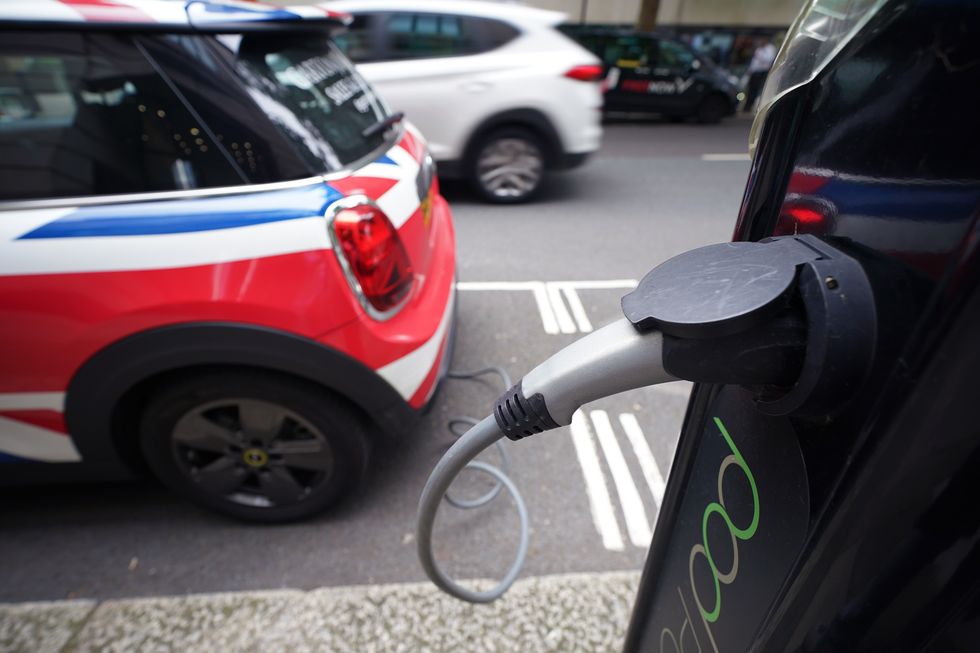Drivers issued urgent car tax warning that may cause 'significant disruption' after Autumn Statement

Some drivers 'will no longer be eligible' for car tax changes
Don't Miss
Most Read
Latest
Motorists across the country are being urged to check their car tax status after yesterday’s Autumn Statement introduced a number of changes.
Chancellor Jeremy Hunt unveiled the Government’s mini-Budget in Parliament yesterday which was headlined by a large cut to National Insurance.
The MP for South West Surrey also increased the level of the National Living Wage from £10.42 an hour to £11.44 for people over 21 years old in a 9.8 per cent rise.
While this is welcome news for millions of people across the UK, experts are warning that some drivers may need to look into their car tax status.
WATCH NOW: Labour MP Steve Reed responds to net zero law changes
For people paying to own a car through an employee salary sacrifice scheme, they could be affected by the new minimum wage levels.
Caroline Sandall-Mansergh, consultancy and channels development manager at Alphabet GB, issued a warning, saying it was vital for drivers to check their agreements.
She said: “While the increase of the national living wage (NLW) is another welcomed improvement for the public, it is also important to acknowledge the impact this will have on salary sacrifice schemes.
“As the NLW increases, the threshold for salary sacrifice eligibility increases with it, meaning lower-earning employees may not be granted the benefit.
“With this in mind, it will be important for those who manage fleet to review the schemes they have in place, seeking expertise where needed, to ensure employees’ access to benefits such as company vehicles can remain in place without significant disruption.”
People using a salary sacrifice scheme to lease new cars can pay for them using their pre-tax income through their employer.
The Benefit-in-Kind (BiK) car tax system massively benefits motorists who choose to drive an electric car, with tax rates starting at just two per cent.
Hybrid owners can also benefit from lower rates, with tax rates ranging from between two and 14 per cent.
In comparison, the most polluting petrol and diesel vehicles are charged at a BiK rate of 37 per cent, with tax levels frozen for those vehicles until 2027/28.
Alfonso Martinez, UK managing director of Ald Automotive LeasePlan, also warned drivers about the new changes included in the Autumn Statement.
He said it was a positive move from the Government to reduce National Insurance and increase minimum wage, highlighting the impacts of the cost of living crisis.
The expert added: “However, these changes inadvertently affect the salary sacrifice schemes which are making electric vehicles more accessible to drivers.
“The Chancellor’s decision not to adjust class 1A rates means employers won’t see any reduction in their NICs, which could in turn be passed on to employees – who would normally cover those costs.
“Furthermore, the increased living wage means some employees will no longer be eligible, as the vehicle payments would take them below that threshold.
LATEST DEVELOPMENTS:

Electric cars are charged at a lower BiK rate than other fuel types
|PA
“With the latest BVRLA statistics showing 91 per cent of salary sacrifice deliveries are electric, the Chancellor needs to be careful not to undermine the benefits of a system which is enabling drivers to switch to the cleanest vehicles.”










